Wehah Farms, a company based in California, has issued a significant recall of its Lundberg Family Farms Sustainable Wild Blend Gourmet Rice due to concerns about potential contamination.
The company is recalling 4,600 cases of this rice, which may contain a foreign object suspected to be of rodent origin.
Recall Impacts Over 27,000 Bags
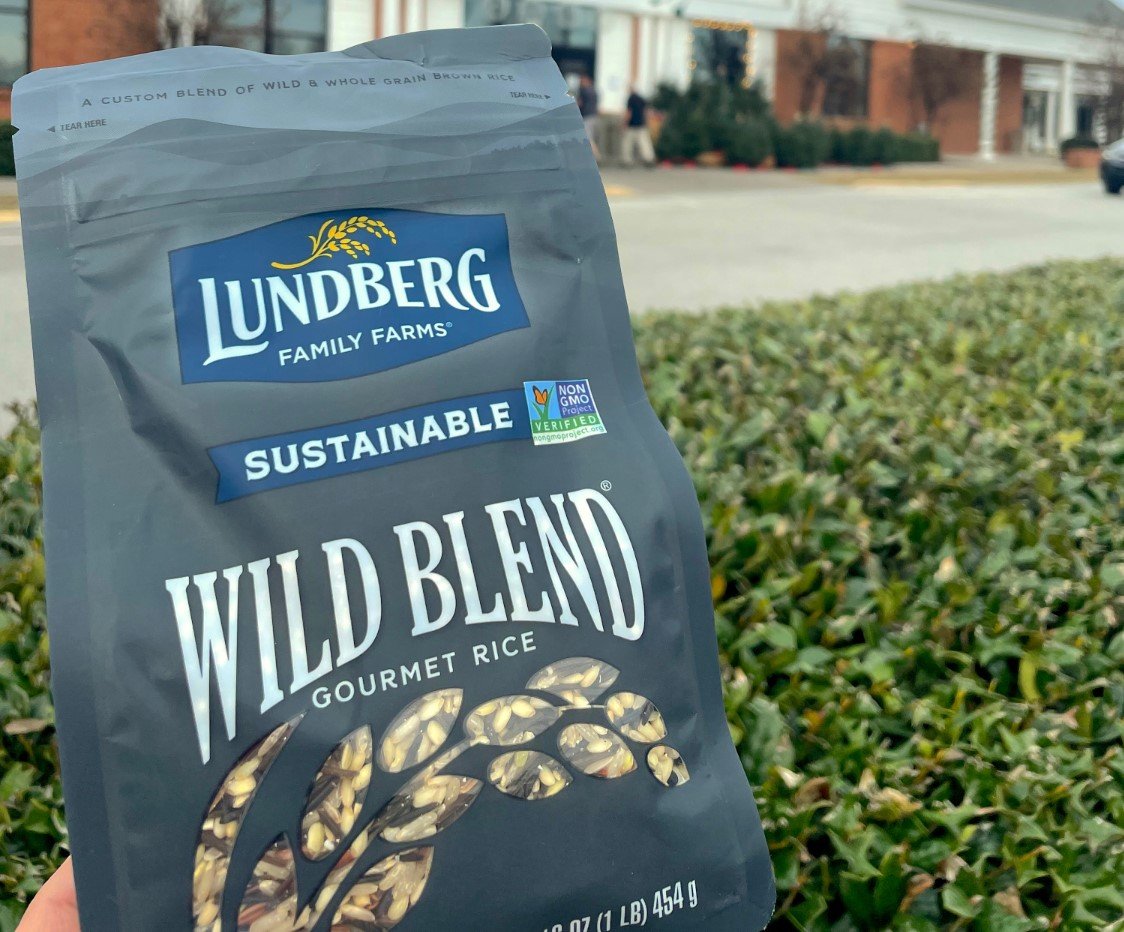
This recall affects over 27,000 individual one-pound bags of rice.
Each case contains six bags.
A Foreign Object Found

In food safety, the term “foreign object” refers to something that ends up in food or a product that shouldn’t contain it.
In this case, the contaminant “of rodent origin” likely refers to a piece of rate or muse that got into the rice during the manufacturing portion of the processing.
Unspecified Foreign Object

The exact nature of the foreign object is not detailed in the FDA enforcement report.
This omission leaves some uncertainty regarding the potential contamination.
What They Found
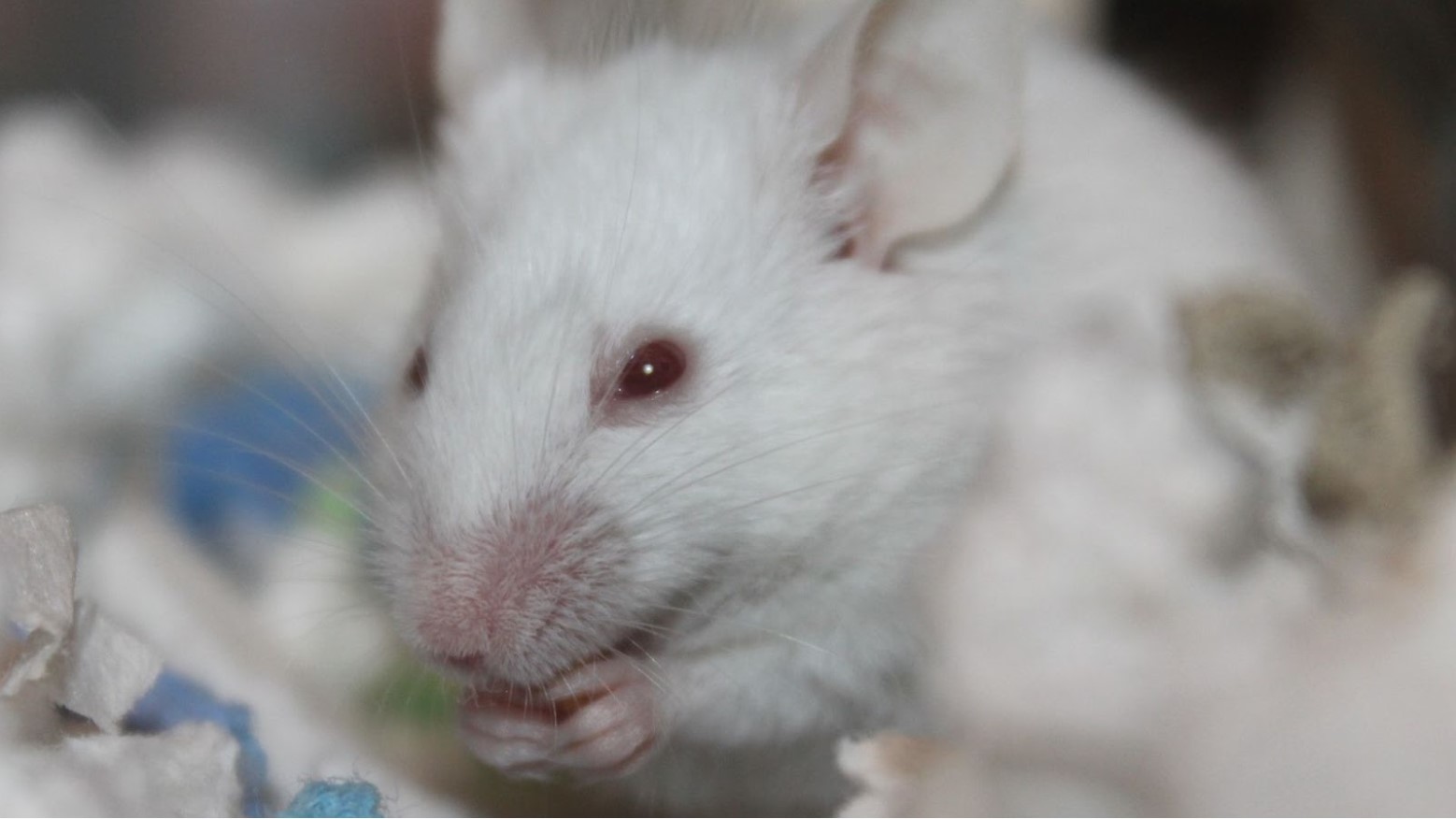
The recall does not specify the type of rodent or what they found in the bags of rice. It is also unclear how this impactful contamination might be in the rice.
However, there is contamination that consumers should be aware about.
Seven Affected States

This specific rice blend was distributed to grocery stores across seven states.
These were: Arizona, California, Florida, Maine, New Hampshire, Oregon, and Wisconsin.
Product Details
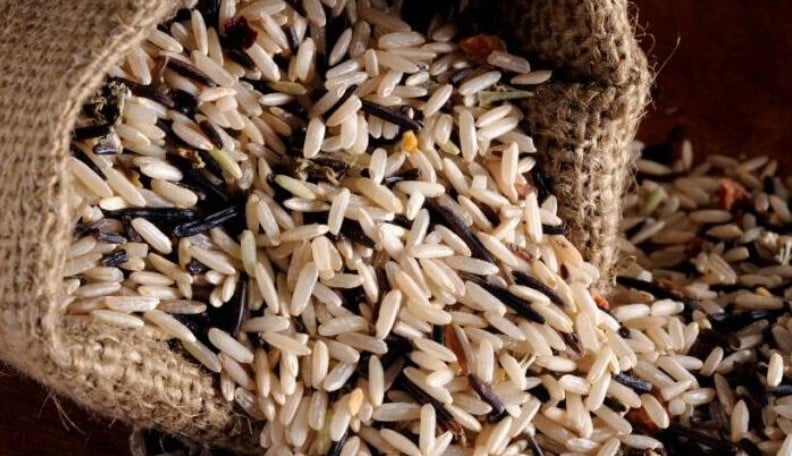
Each bag was priced at $5.99 and included a blend of black, brown, red, and wild rice, as noted on the company’s website.
The affected product bears the lot number 231004 and has a best-by date of October 4, 2024.
Get That Rice Outta Here!
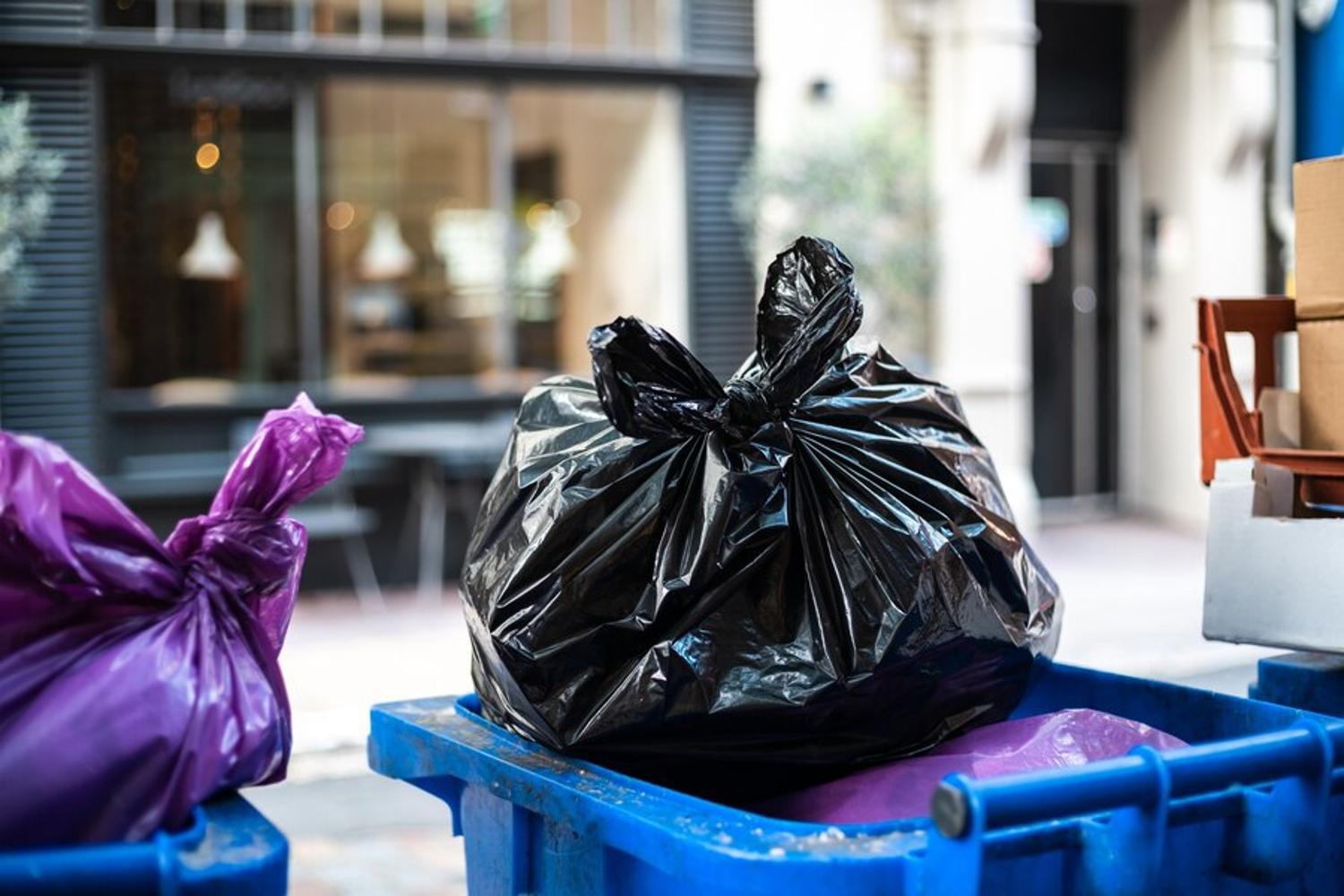
A representative from Lundberg Family Farm said they issued the recall out of an “abundance of caution” and that the store would no longer sell the products.
If you were one of the unlucky few to get a bag of this rice, you should take the necessary precautions and dispose of it immediately!
Immediate Disposal Recommended

Freepik
Consumers who have purchased this rice are strongly advised to dispose of it immediately.
This is crucial to prevent any potential health risks.
Delay in Classifying Risk
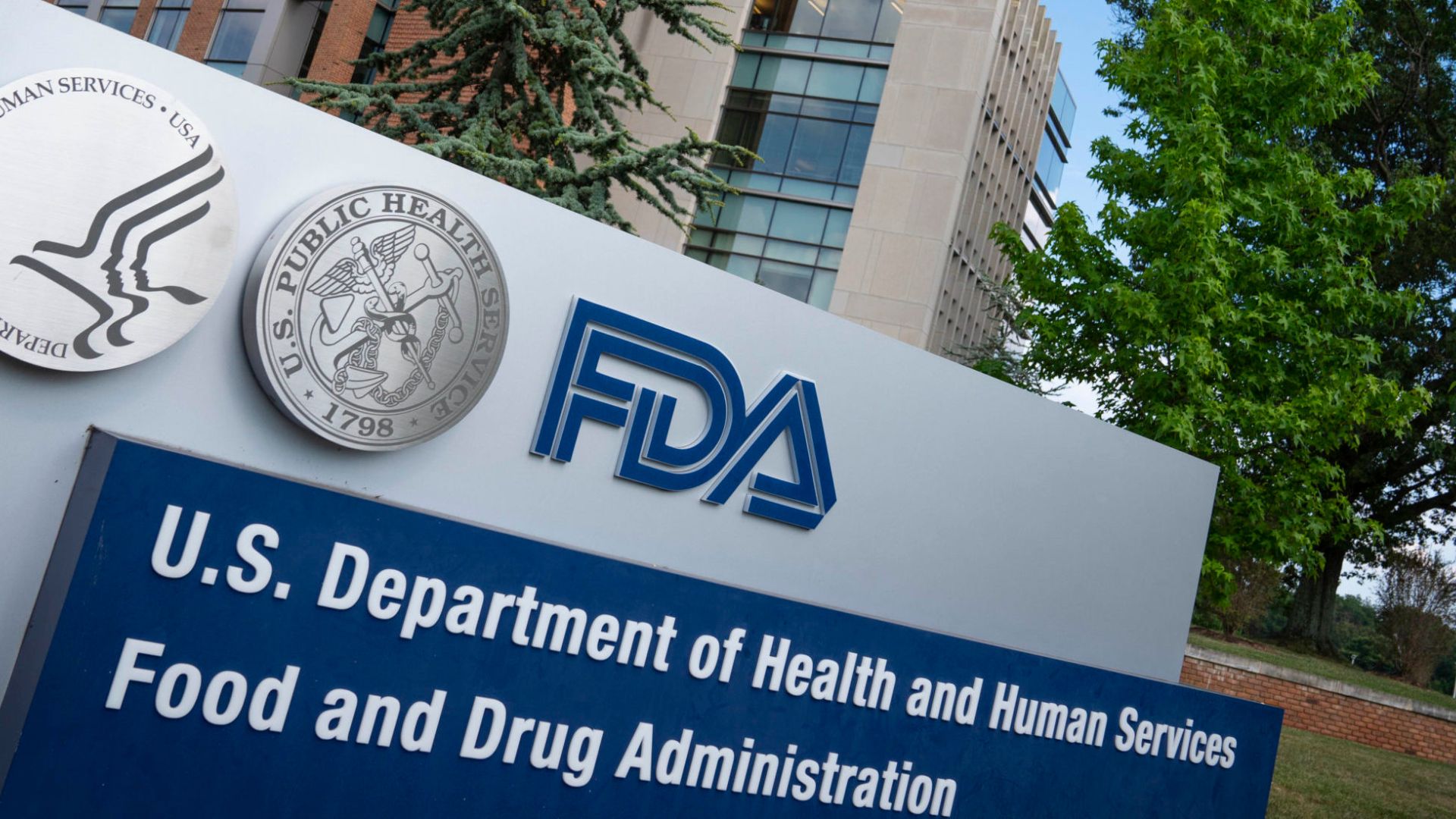
Wehah Farms first initiated the recall on May 10, 2024.
However, it was only on July 17 that the FDA officially classified the risk of contamination as a Class II.
Recall Classes

A Class II recall is issued when exposure to the affected product could result in “temporary or medically reversible adverse health consequences,” according to the FDA.
The likelihood of serious health issues is considered “remote.”
Least to Most Severe

For context, a Class III recall is the least severe and pertains to products with minimal risk.
In contrast, a Class I recall indicates a significant risk of serious health conditions or even death.
The Risk of Eating the Rice
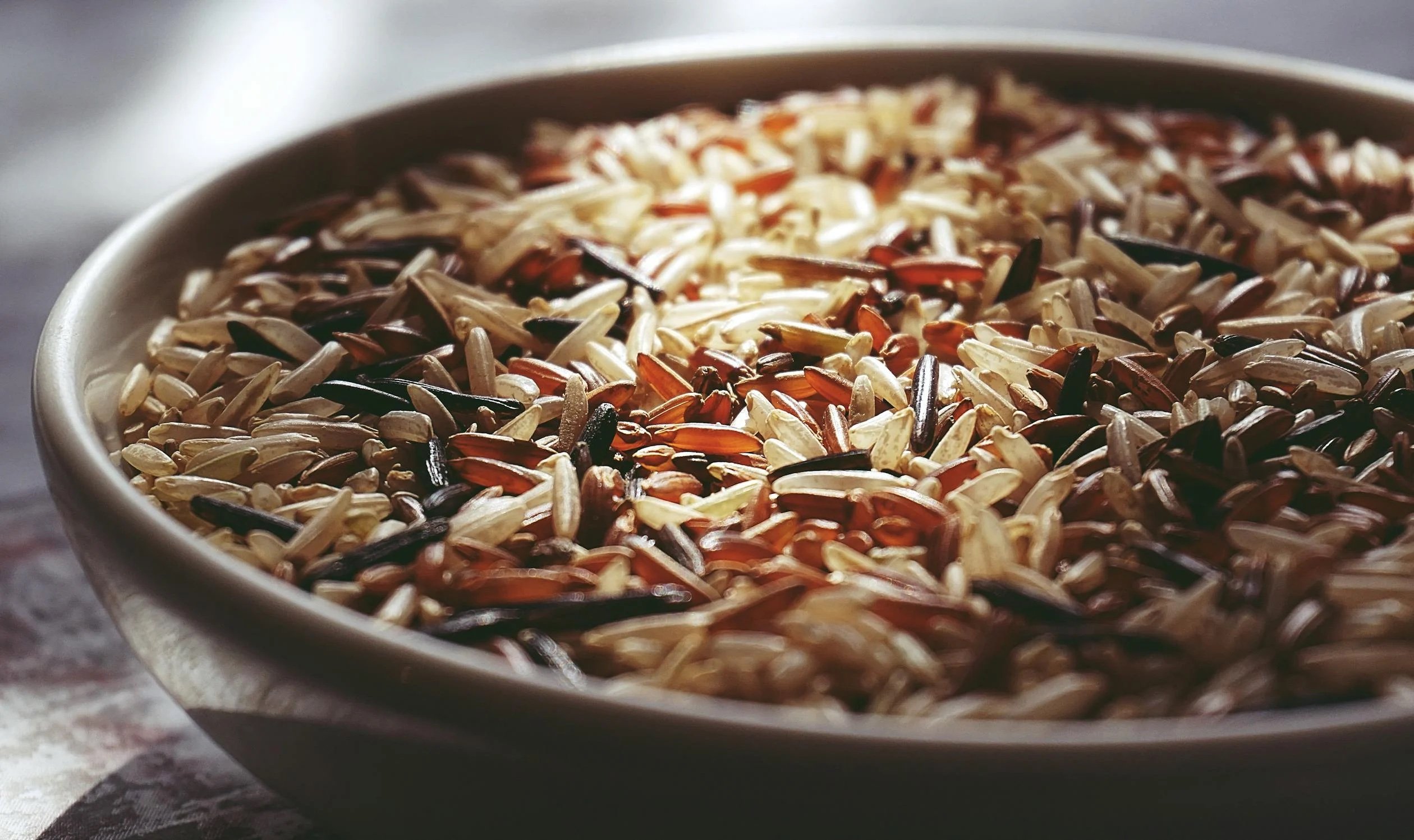
While consuming the recalled Sustainable Wild Blend Gourmet Rice may not cause any harm to the consumer, there is the possible threat of a choking hazard or something worse.
Rodents often carry a host of diseases, including hantavirus, Salmonella, and Streptobacillus. It is possible that someone could contract one of these diseases after eating the recalled rice.
How the Food Was Processed

Thomas Russo, MD, professor and chief of infectious disease at the University at Buffalo Jacobs School of Medicine and Biomedical Sciences, says that processing food in a certain way can spread these diseases to consumers.
“Whether the food is processed affects it,” Russo said. “Depending on the processing and sterilization, some of these may be inactivated.”
Monitor Your Health

If you were unlucky enough to have already consumed the rice, be on the lookout for fever, body aches, rashes, or other symptoms that may not be normal.
“The likelihood of getting sick is small, but if anyone feels that they ingested this and developed a response, reach out to a healthcare professional to get this sorted out,” said Russo.
Not All Lundberg Family Farms Products Affected
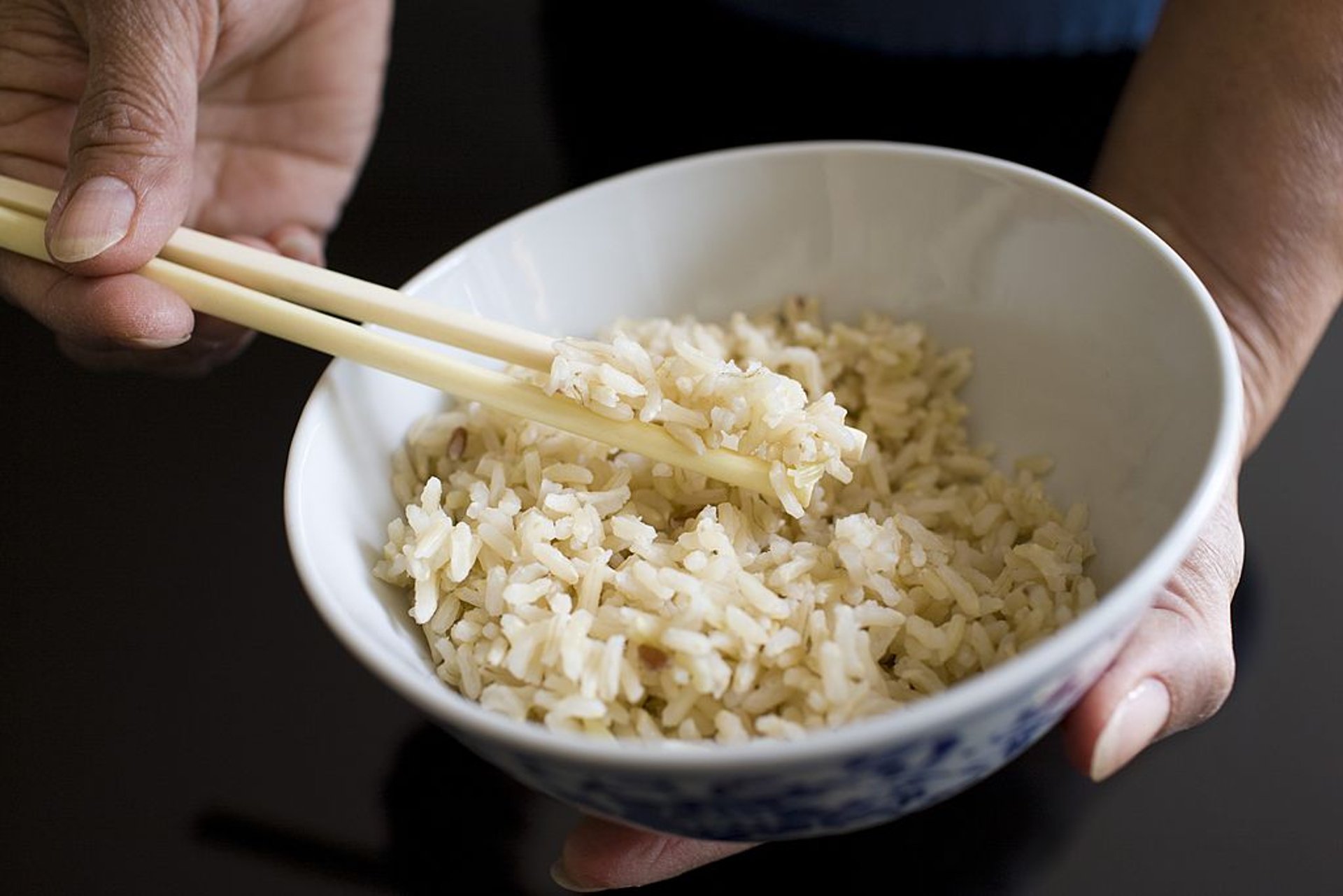
It’s important to note that other sizes of Lundberg Family Farms wild rice, such as the 4-pound and 25-pound bags, are not part of this recall.
Additionally, other products from Lundberg Family Farms remain available in stores.
No One Is Reportedly Sick

Although they have recalled the rice, no evidence suggests that the contamination has affected consumers.
The representative said, “We have not reported any illnesses from consuming the affected product.”
Not a New Recall

This recall isn’t new. The FDA updated its notice to mark the Lundberg Family Farms recall as a class II.
This means that consuming a product that may have a possible contamination could “cause temporary or medically reversible adverse health consequences.”
Another Case of Food Recall

This recall follows a recent food safety incident involving AW Farms, a Kentucky-based company.
AW Farms had to remove thousands of pounds of hot dogs from store shelves because they missed a crucial federal inspection.
Rising Food Recalls
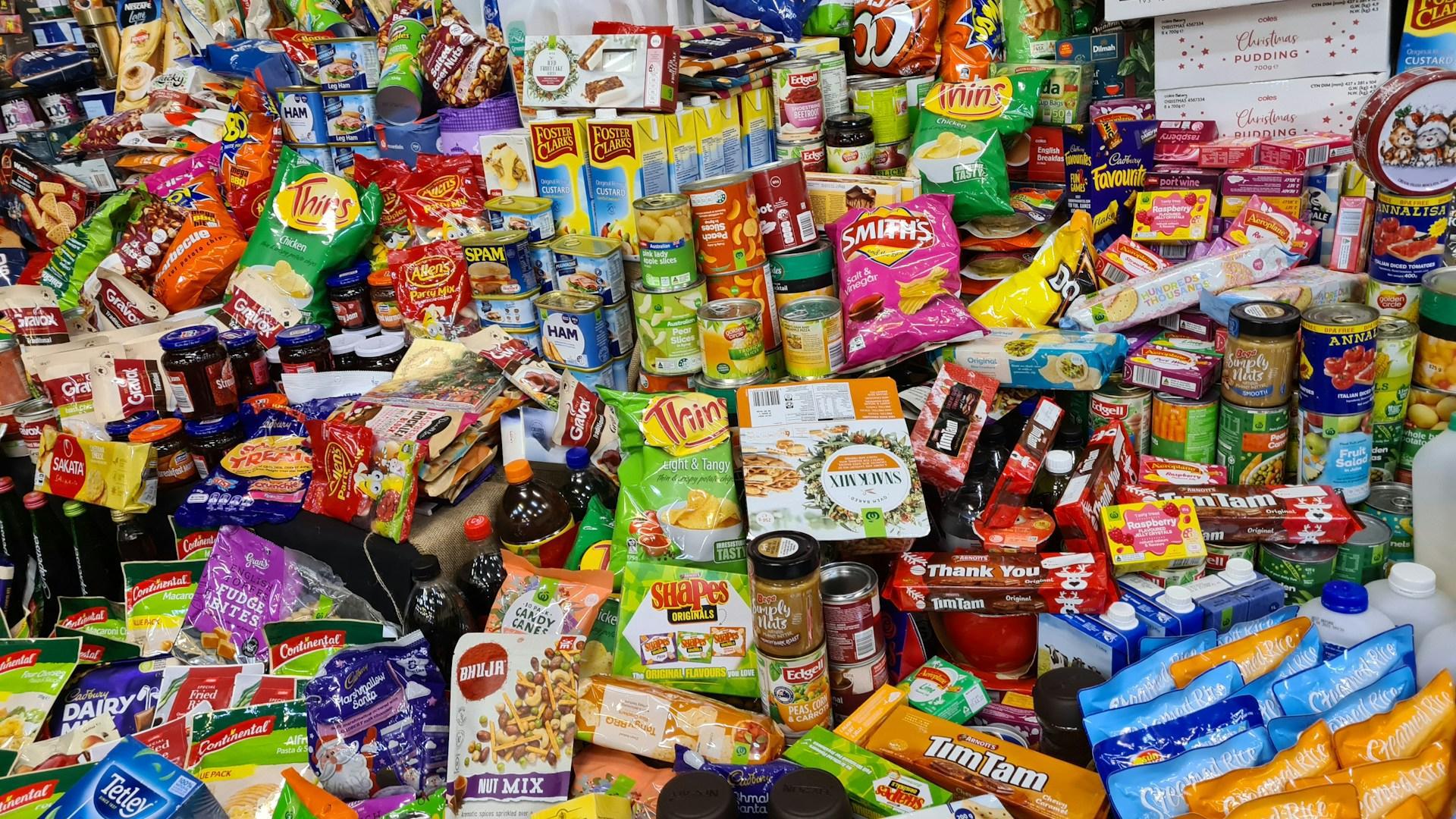
The increasing number of food recalls underscores the ongoing vigilance required to ensure food safety.
It highlights the importance of promptly addressing potential contamination issues.
The Limit of Hazardous Materials in Food
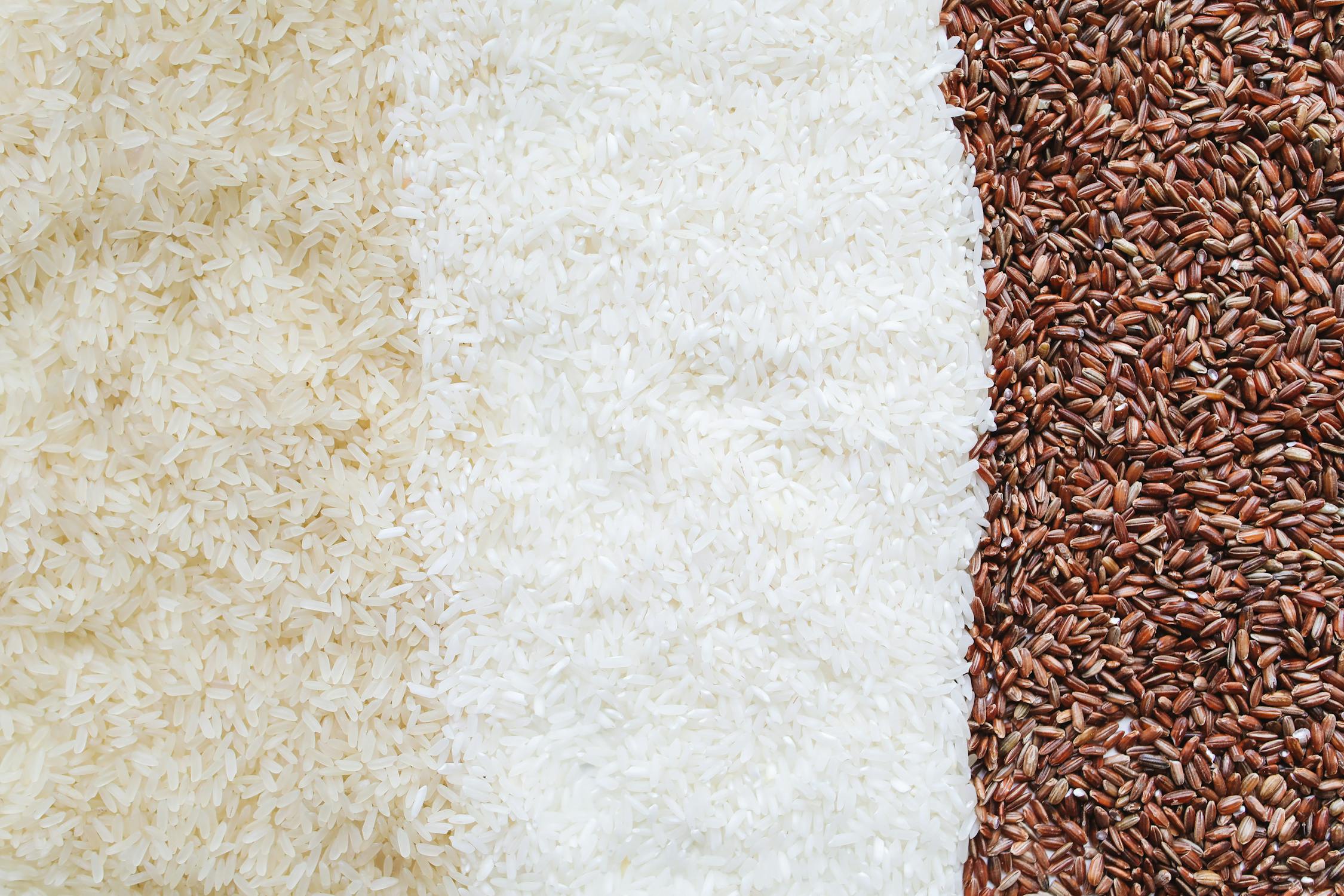
The FDA limits the amount of “extraneous materials” allowed in food. It sets “maximum levels for these defects in foods produced under current good manufacturing practices” and uses these levels to decide whether to recommend regulatory action.
The FDA states that rodents, insects, or bird matter may contribute to unsanitary conditions in food or a product, and lead to a potential recall.
The Leading Cause of Recalls
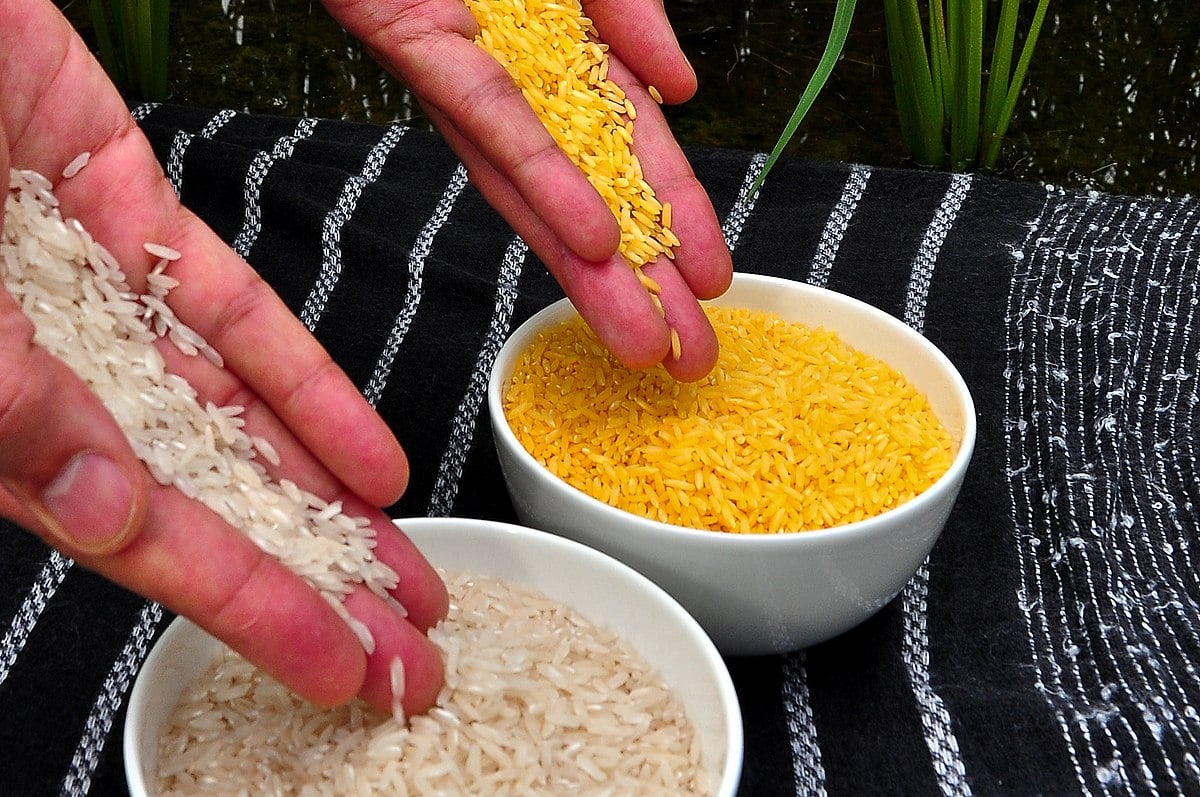
According to the U.S. Department of Agriculture, foreign material contamination was one of the leading causes of food recalls in 2022.
But foreign material contamination does happen quite often. In the past year, the FDA has issued recalls after they found plastic in soup dumplings and detected metal pieces in chicken nuggets.
Common Recalls
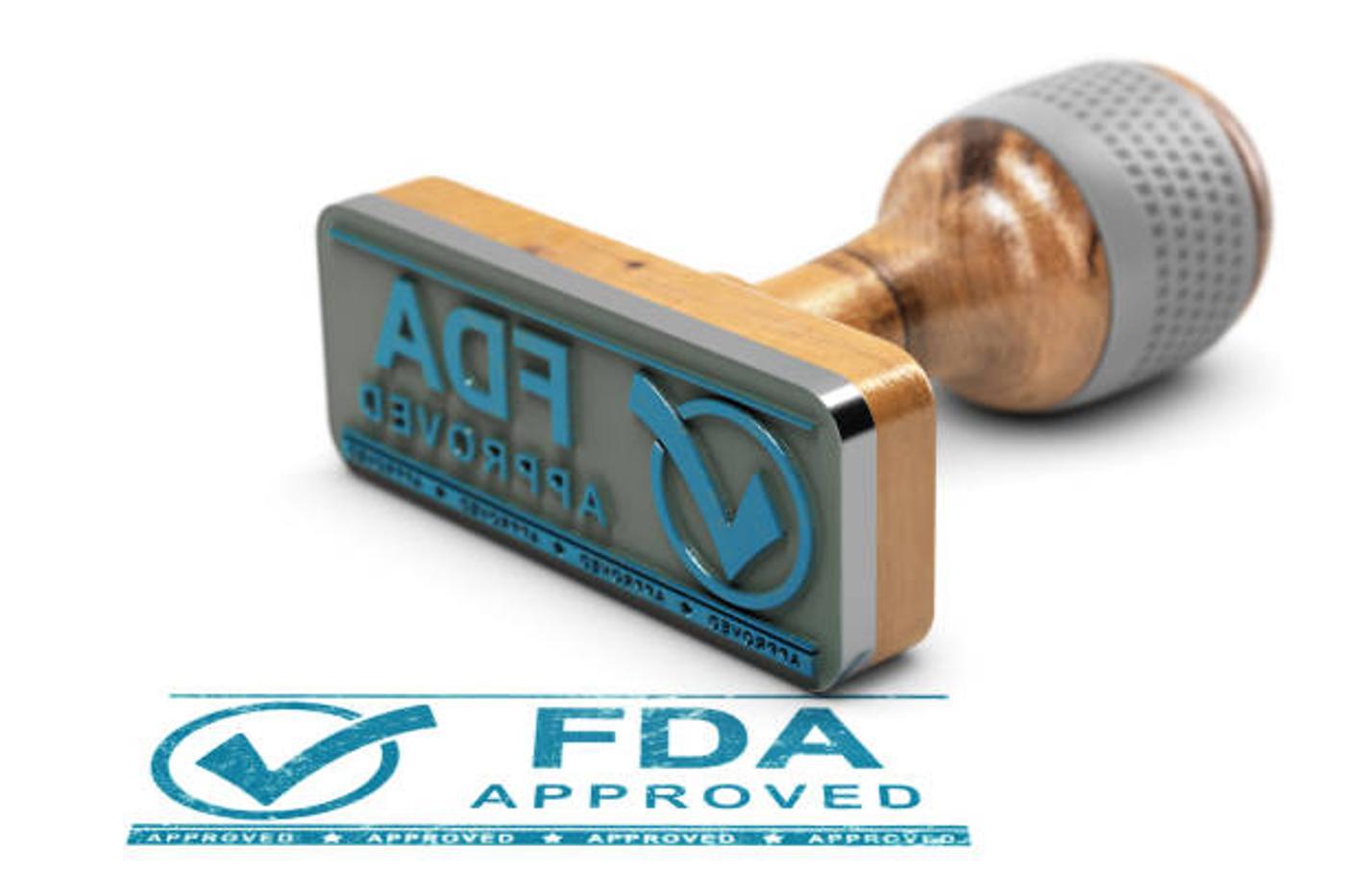
“Recalls like this are actually fairly common,” Ellen Shumaker, PhD, director of outreach for the Safe Plates program at North Carolina State University, told Health.
“Foods can become contaminated due to rodent parts, as well as other foreign material such as pieces of metal or plastic from equipment malfunctions.”
Rodents Can Squeeze Their Way In

Rodents often get into products after they squeeze their way into facilities through cracks or holes in the walls, the foundation, the roof, or ventilation.
“They’re also attracted to high-moisture areas, storage areas where food is not properly sealed, and in general areas that are not clean and organized and free of debris [or] garbage,” Schumaker added.








































